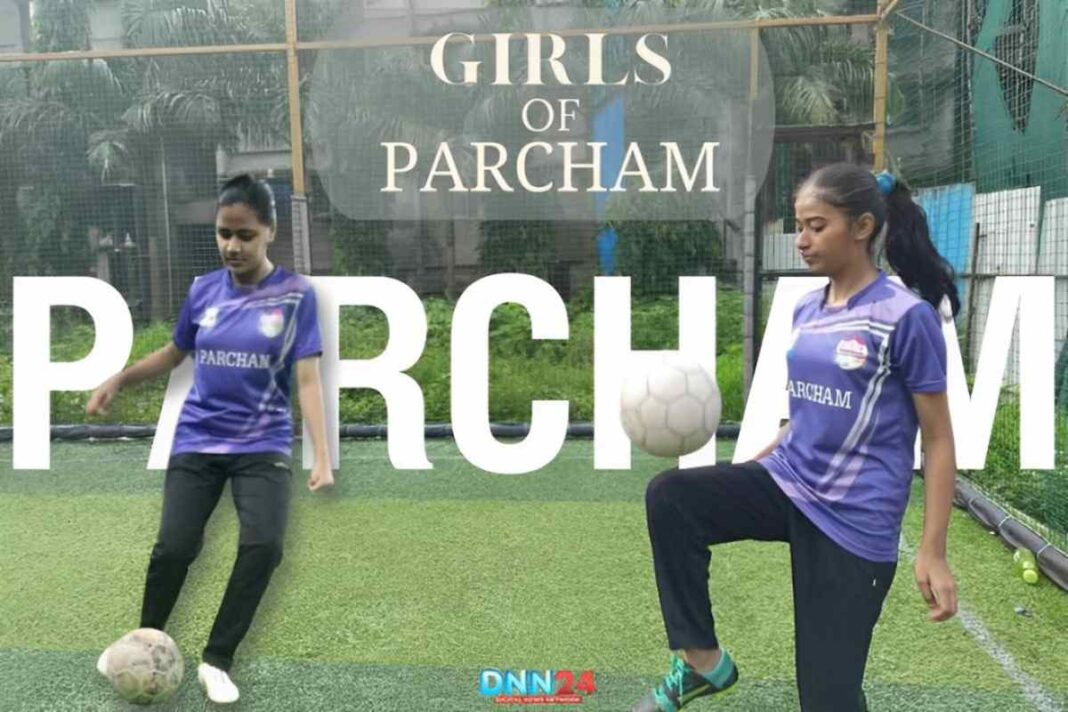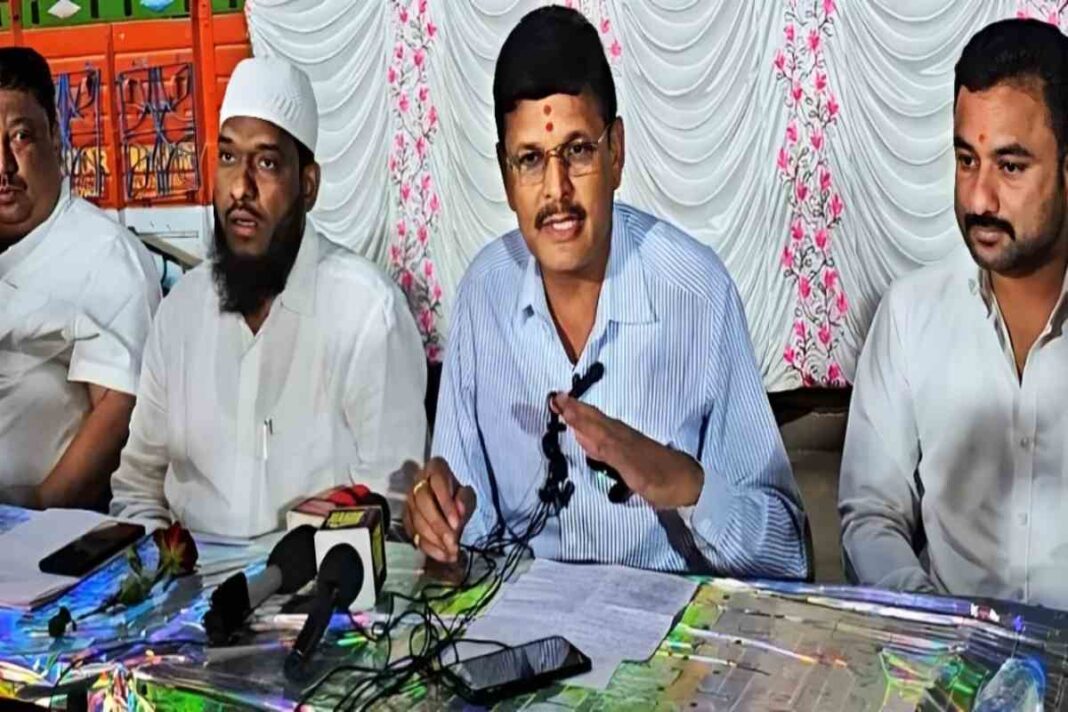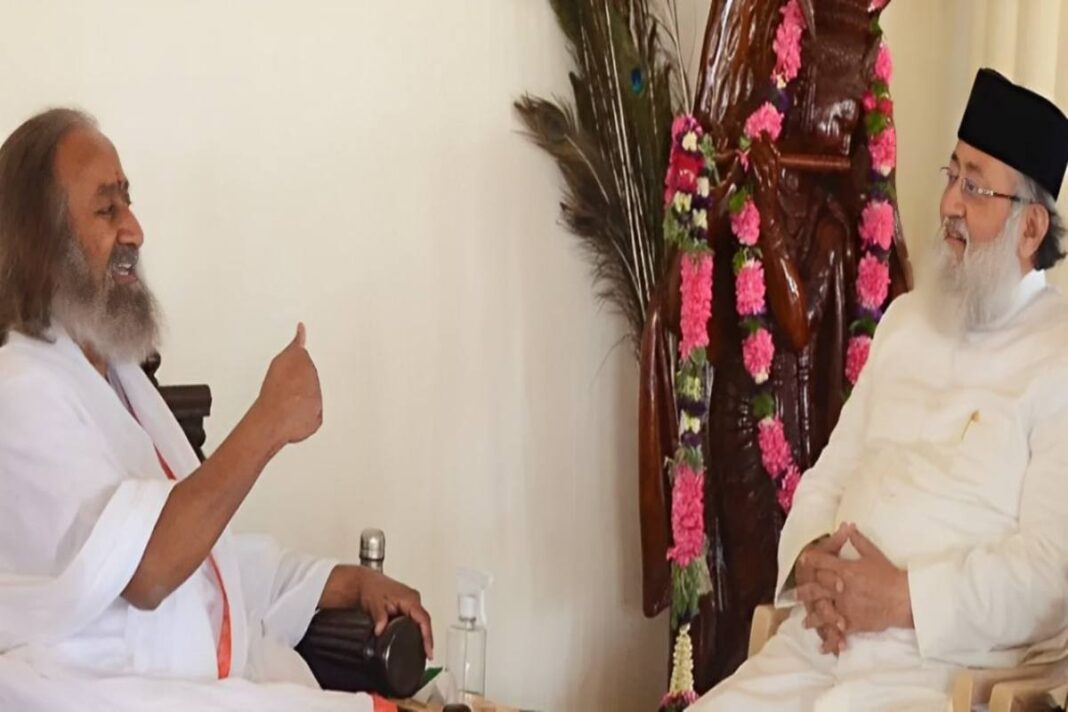In 2012, a group of young Muslim girls residing in Mumbra (one of India’s largest Muslim ghetto) defied societal norms by venturing into an unexpected domain – football. Their decision to embrace this sport, challenging stereotypes and community expectations, reverberated across media platforms, drawing both praise and skepticism.
“Why football?” questioned well-meaning acquaintances. “The community needs education.” However, for the founding members of Parcham, football was more than just a game; it was a means to transcend the confines of traditional gender roles and empower girls beyond the confines of closed spaces.
Harnessing the Transformative Potential of Sports to Bridge Societal Divides
Playing in a public ground required courage, breaking through inhibitions ingrained by societal pressures. Yet, the confidence gained on the field extended beyond, influencing their interactions in other spheres of life. Numerous studies attest to the transformative power of sports, fostering retention in schools and nurturing essential social skills.

However, Parcham’s mission extended beyond individual empowerment. It sought to address the divisive politics breeding ghettos like Mumbra. By assembling girls from diverse backgrounds onto the same team, the program facilitated meaningful interactions, debunking stereotypes and fostering understanding amidst societal divisions.
Expanding Horizons: Parcham’s Journey from Secrecy to Empowerment
Since its inception, the program has transcended geographical boundaries, expanding to encompass various parts of Mumbai city. From the eastern to western suburbs, nearly a thousand girls have been touched by the initiative. What began as a clandestine activity, with girls hiding their participation from their parents, has evolved into a movement embraced by families seeking opportunities for their daughters. Parcham’s journey symbolizes not only the empowerment of young Muslim girls but also the potential of sports to bridge societal divides and foster a more inclusive future. Their program, facilitated by licensed coaches, extends across communities in Mumbai, Navi Mumbai, and Mumbra, offered entirely free of charge, including kits and trainers, recognizing the financial barriers girls may face.

Journey from Abandonment to Empowerment through Football
Salma was to be left to die for being born a girl. Instead she was adopted by a generous woman who had six mouths to feed and lived hand to mouth. Kamrunnisa couldn’t bear the though of a child being left to die and took her in with the belief that God would provide. Salma, the first graduate in her family, the only one educated in English, is her adopted family’s pride. The thought of playing football had never occurred to Salma till Sabah proposed the idea of a football team in Mumbra in 2012.
She enthusiastically began to get other girls to enroll to get a team of 40 ready for the program to start. Salma introduces herself as co-founder of the Parcham Football Academy with an E license to train girls in the community to play football. Salma says, “Football has often been acclaimed as a powerful tool for unity. Through the sport we are challenging the stereotypical idea of how girls should be and also allowing muslim and non muslim girls to bond.”
Saba Parveen’s Journey from Restriction to Victory in Football
The best way to silence your haters is through a win and Saba did exactly that. Saba Parveen, joined the first batch of Parcham’s football initiative in 2012 at the age of 25. She had always been passionate about sports, playing cricket with boys as a child but once she reached puberty, she was disallowed from playing outside the house. When the opportunity to learn football came her way through Parcham she was excited.

Unfortunately, she could not speak about it at home because her family would never allow her to play. Every Sunday she made the excuse of attending the free tuition class being conducted by Parcham to come play football. The injuries were explained by some cooked up story.
She said, “After a year, Magic Bus, the NGO which was training the Parcham girls, held a tournament for all their partners and the Parcham team won. I contributed to the win with the maximum goals.”
Afifa’s Journey from Passion to Profession in Football
Some girls were lucky enough to be supported by family. Afifa, unlike most other girls who joined the Parcham football program in the first few years, enjoyed her parent’s support in pursuing the dream to play a sport. Her father used to be a basketball coach who wanted his daughters to also learn the sport. However, Mumbra had no training facilities for girls in any sport. With Parcham’s football program, Afifa says she has discovered her passion and found direction in life. Football is her life.
After the year-long program with Parcham, Afifa went on to join a community coaching course, Premier Skills coaching of Premier League and Slum Soccer. She has an E-license to train young girls in football. Afifa’s skills make her a much sought after player by the many football leagues who recruit her to play for them in tournaments.

The Rise of Young Female Leaders in the Parcham Collective
Change breeds change. Sonali noticed that the public ground in front of her house suddenly had young girls playing football. Sonali’s father, a teacher, is a strict disciplinarian. At home, she was constantly reminded that she was the daughter of a teacher and should behave appropriately. She had never before played in an open ground, not even as a child. Neither had she ever played football. Seeing the girls play, she wanted to join, but it took many weeks of building up courage to ask her parents for permission and finally joining the program.
Sonali says, “Joining the football program has been one of the best things to happen to her. Nothing builds confidence like playing on a public ground. People watch you and you learn to ignore them and carry on playing. You learn to negotiate to make space for yourself in that ground to which the boys feel they have exclusive right.”
From challenging gender stereotypes to demanding a football ground for them, girls of Parcham Collective have emerged as young leaders of change who lead with example and hold on to the vision of inclusive spaces.
Also Read: Ancient Legacy of Gufkral Caves: A Journey Through Time and Tradition
You can connect with DNN24 on Facebook, Twitter, and Instagram and subscribe to our YouTube channel.



